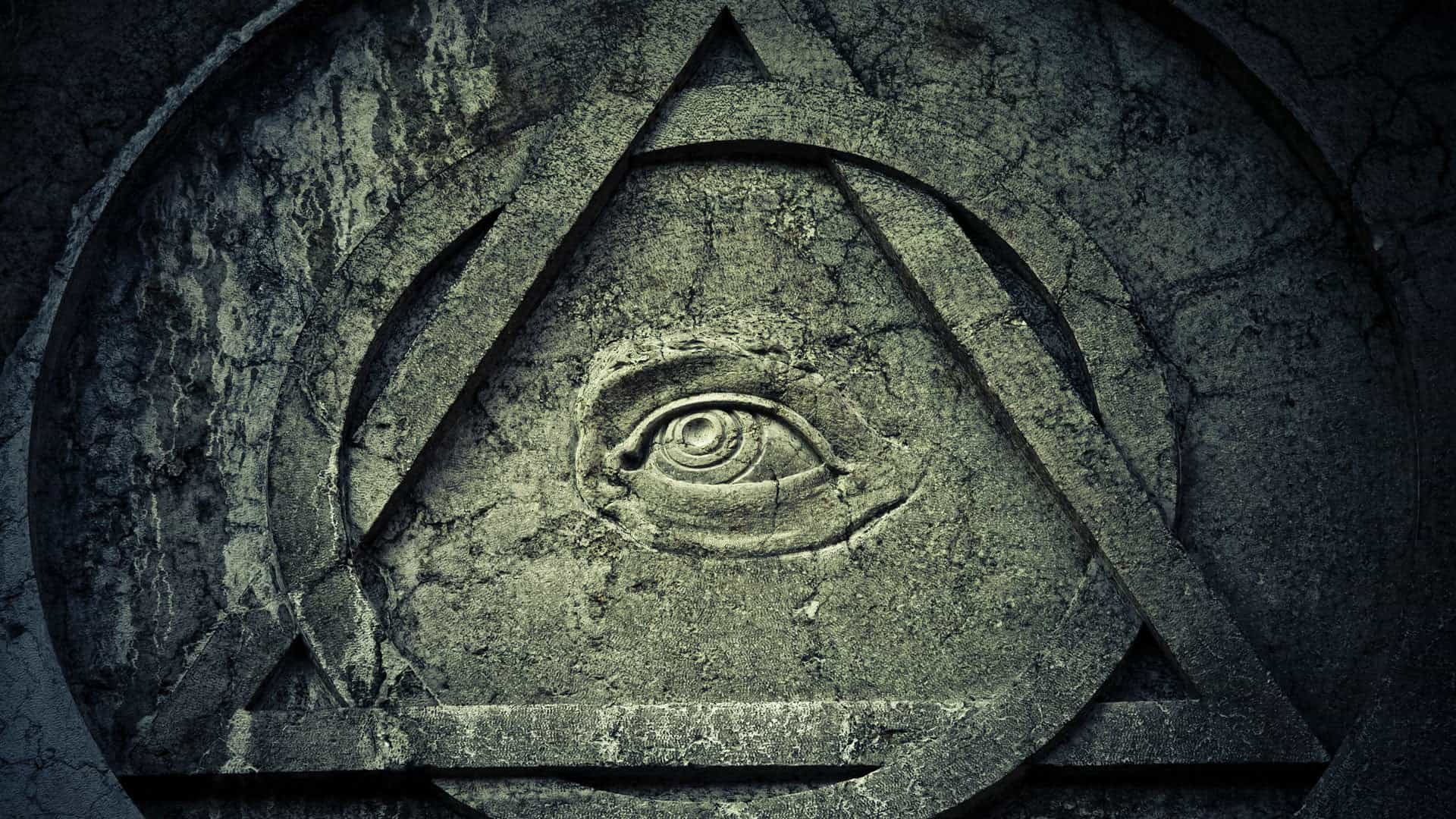
Secret societies have always sparked curiosity and intrigue. These elusive groups, shrouded in mystery, often evoke images of clandestine meetings, hidden agendas, and powerful members pulling strings behind the scenes. But what really goes on within these secretive circles? Are they just the stuff of legends, or do they hold real influence in our world? From the Freemasons to the Illuminati, secret societies have woven themselves into the fabric of history, culture, and even conspiracy theories. In this post, we'll uncover 35 fascinating facts about these enigmatic organizations. Get ready to dive into a world where secrets reign supreme and the truth is often stranger than fiction.
The Mystique of Secret Societies
Secret societies have always fascinated people. Their clandestine nature, mysterious rituals, and influential members make them a subject of intrigue. Here are some captivating facts about these enigmatic groups.
-
The Illuminati was founded in 1776 in Bavaria by Adam Weishaupt. Initially, it aimed to promote Enlightenment ideals but was disbanded by the government in 1785.
-
Freemasonry is one of the oldest secret societies, dating back to the late 16th century. It emphasizes moral and spiritual development through symbolic rituals.
-
The Skull and Bones society at Yale University, founded in 1832, has produced many influential figures, including U.S. presidents and Supreme Court justices.
-
The Rosicrucians claim to possess esoteric knowledge dating back to ancient Egypt. They focus on spiritual enlightenment and alchemical transformation.
-
The Bilderberg Group, established in 1954, holds annual meetings with elite political and business leaders to discuss global issues. Its secrecy fuels many conspiracy theories.
Rituals and Symbols
Secret societies often use rituals and symbols to convey hidden meanings and foster a sense of unity among members. These elements add to their mystique.
-
Freemasons use the square and compass as their primary symbols, representing morality and virtue.
-
The Illuminati allegedly used the owl of Minerva as a symbol of wisdom and knowledge.
-
Skull and Bones members are rumored to participate in bizarre initiation rituals, including lying in a coffin and revealing personal secrets.
-
The Rosicrucians use the rose and cross as their emblem, symbolizing the union of spirit and matter.
-
The Order of the Eastern Star, an offshoot of Freemasonry, uses a five-pointed star to represent different virtues.
Influence and Power
Many secret societies are believed to wield significant influence over political, economic, and social affairs. This perception adds to their allure and mystery.
-
Freemasons have been linked to the founding of the United States, with many Founding Fathers being members.
-
The Illuminati is often accused of orchestrating major world events, despite lacking concrete evidence.
-
The Bilderberg Group's meetings are thought to shape global policies, though participants deny any sinister motives.
-
The Bohemian Club, founded in 1872, hosts annual gatherings of powerful men at Bohemian Grove in California, where they engage in secretive rituals.
-
The Priory of Sion, popularized by "The Da Vinci Code," is said to protect the bloodline of Jesus Christ and Mary Magdalene.
Famous Members
Secret societies often boast high-profile members, adding to their mystique and perceived power.
-
George Washington, Benjamin Franklin, and Paul Revere were all Freemasons.
-
Former U.S. Presidents George H.W. Bush and George W. Bush were members of Skull and Bones.
-
Sir Isaac Newton and Leonardo da Vinci are rumored to have been Rosicrucians.
-
Winston Churchill and Franklin D. Roosevelt were both Freemasons.
-
Bill Clinton attended a Bilderberg Group meeting in 1991, shortly before becoming U.S. President.
Modern-Day Secret Societies
While some secret societies have faded into obscurity, others continue to thrive in the modern world, adapting to contemporary issues and technologies.
-
The Hermetic Order of the Golden Dawn, founded in the late 19th century, focuses on occult practices and magical rituals.
-
The Ordo Templi Orientis, associated with Aleister Crowley, promotes Thelema, a spiritual philosophy emphasizing individual will.
-
The Order of Nine Angles, a controversial group, advocates for Satanism and extreme political ideologies.
-
The Bilderberg Group continues to hold annual meetings, with recent attendees including tech moguls and political leaders.
-
The Freemasons remain active worldwide, with millions of members and numerous charitable initiatives.
Conspiracy Theories
Secret societies are often at the center of conspiracy theories, which claim they manipulate world events for their own gain.
-
The Illuminati is frequently accused of controlling the media, government, and financial institutions.
-
Freemasons are said to have hidden symbols in important buildings and monuments, such as the U.S. Capitol and the Great Seal.
-
The Skull and Bones society is rumored to have a hidden agenda to establish a New World Order.
-
The Rosicrucians are believed to possess ancient knowledge that could change the course of history.
-
The Bilderberg Group is often accused of plotting to create a one-world government.
Pop Culture and Secret Societies
Secret societies have left a significant mark on popular culture, inspiring countless books, movies, and TV shows.
-
"The Da Vinci Code" by Dan Brown popularized the idea of the Priory of Sion and its connection to the Holy Grail.
-
The "National Treasure" movies feature Freemason symbols and hidden treasures.
-
The TV show "Bones" includes a storyline involving the Skull and Bones society.
-
"Eyes Wide Shut," directed by Stanley Kubrick, depicts a fictional secret society with eerie rituals.
-
The video game series "Assassin's Creed" explores the conflict between the Assassins and the Templars, both secretive organizations.
The Final Word on Secret Societies
Secret societies have always fascinated people. From the Illuminati to the Freemasons, these groups spark curiosity and speculation. They often operate in the shadows, leading to countless conspiracy theories and myths. Some believe these societies control world events, while others see them as harmless social clubs.
Understanding the history and purpose of these groups can shed light on their true nature. Whether they're influencing politics or just hosting secretive meetings, secret societies remain a topic of intrigue.
While some facts about these groups are well-documented, much remains unknown. This mystery only adds to their allure. So next time you hear a wild theory about a secret society, remember there's always more to the story. Keep questioning, stay curious, and who knows? You might uncover a secret or two yourself.
Was this page helpful?
Our commitment to delivering trustworthy and engaging content is at the heart of what we do. Each fact on our site is contributed by real users like you, bringing a wealth of diverse insights and information. To ensure the highest standards of accuracy and reliability, our dedicated editors meticulously review each submission. This process guarantees that the facts we share are not only fascinating but also credible. Trust in our commitment to quality and authenticity as you explore and learn with us.


